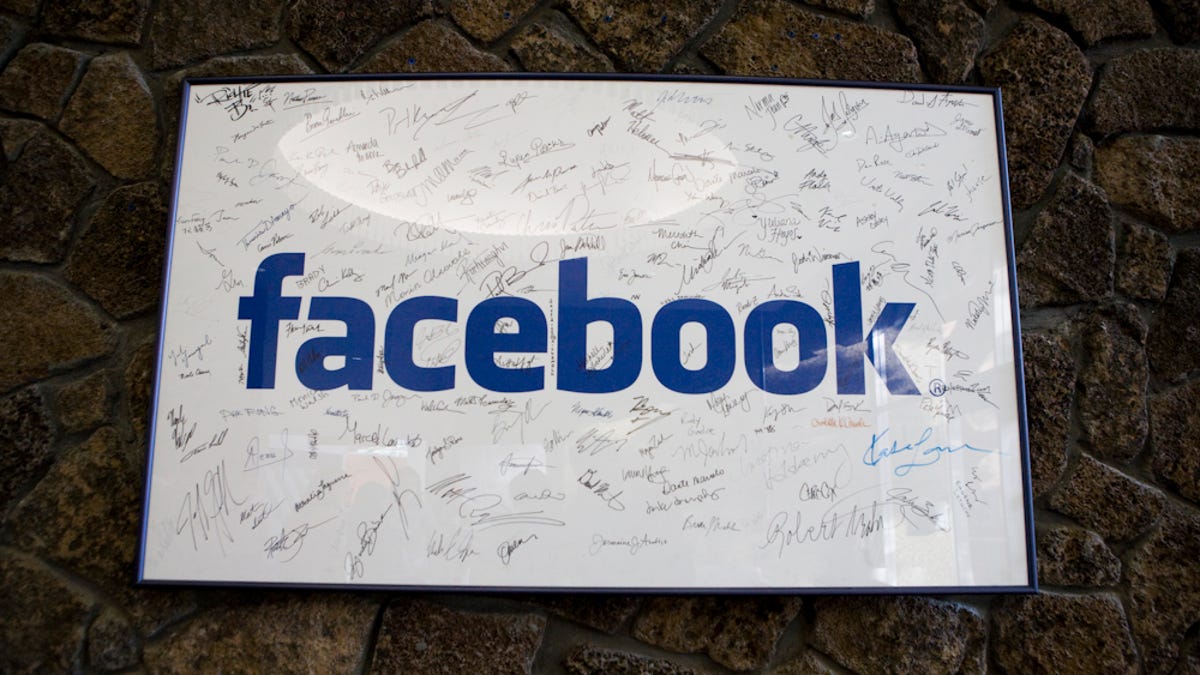Facebook is relaxing its real-name policy
The social-networking giant said it will loosen rules for how people identify themselves on its service, and protect them from being harassed by others.

Facebook is refining its real name policies for its users.
Until now, you had to use your "authentic" name on Facebook. That's no longer the case.
The world's largest social network said it is relaxing its rules for how people identify themselves, allowing them to more easily use the name "people know them by." In addition, the service said it would make it harder for harassers to ask Facebook to disable users' accounts.
"We recognize that it's also important that this policy works for everyone, especially for communities who are marginalized or face discrimination," two Facebook employees wrote in a blog post announcing the moves Tuesday.
Facebook said it has changed its systems to be more forgiving about uncommon names, hoping to reduce the number of people who have to verify with Facebook who they are. The company also said it will allow users to verify their information with a wider variety of documents beyond typical governmental IDs. They will also be able to explain why they aren't using their legal name, if Facebook asks. "This additional information will help our review teams better understand the situation so they can provide more personalized support," the company said.
The move will be particularly welcome by the lesbian, gay, bisexual and transgender communities, which have criticized Facebook for its rigid rules requiring users to identify themselves by their real names. The company, which counts more than 1.5 billion people using its service each month, has defended the rule, saying that when people are forced to use their real name on the Internet it adds weight and authenticity to what they're saying. Other, smaller, social networks like Twitter and Reddit don't require users to identify themselves with their real names.
The debate hit a tipping point last year, when gay rights activists said their Facebook accounts were being deactivated, seemingly as a result of a coordinated campaign by detractors who reported them under Facebook's naming policies.
Groups like the Sisters of Perpetual Indulgence in San Francisco, who mostly dress in drag and go by stage names, began protesting Facebook's rules. The group said Facebook wasn't being fair to domestic violence sufferers, transgender people and political refugees, many of whom often use pseudonyms online to protect themselves from people who might harm them in the real world.
"All people should feel safe using their preferred identity when speaking, online or off," the group wrote in a letter to Facebook last year.
Now, Facebook said people who report "fake names" will have to explain what's wrong, including why their name on Facebook is "different from everyday life."
The new tools will first be tested in the US, Facebook said, but will make them more widely available as they're refined.

